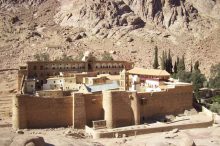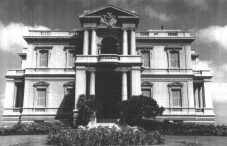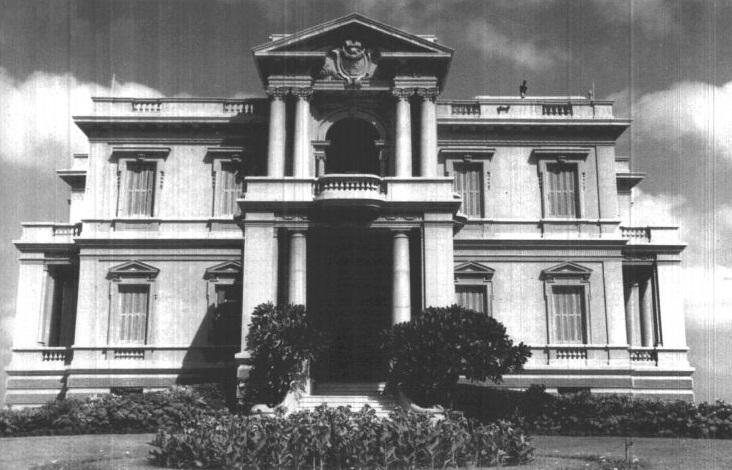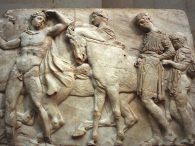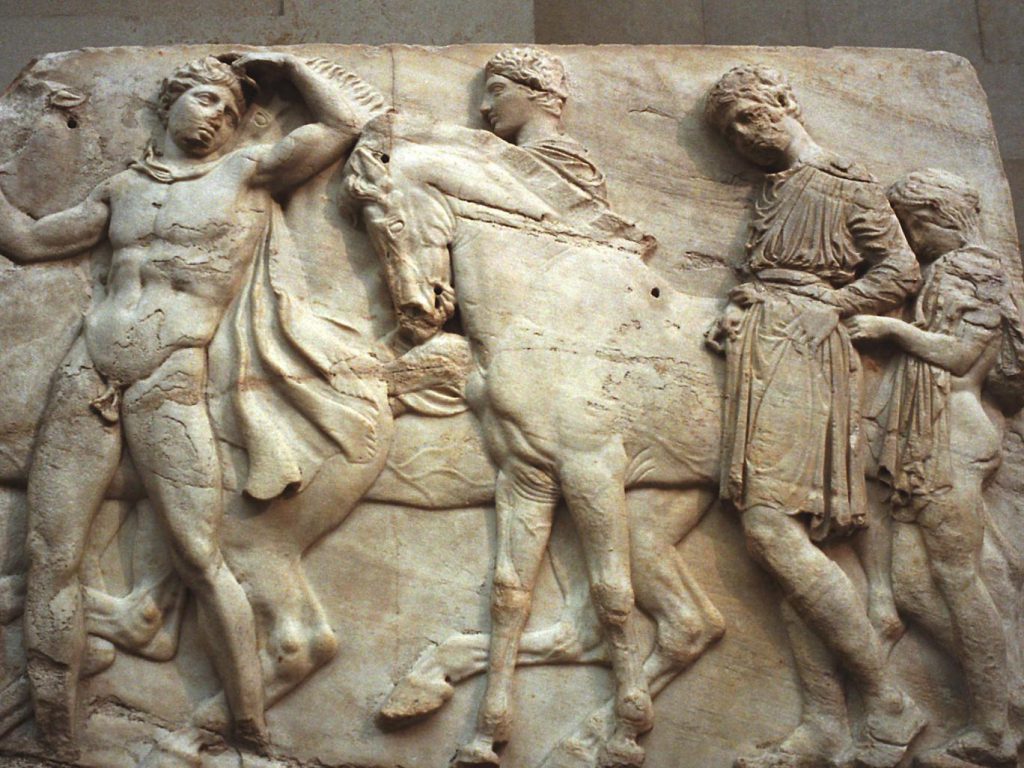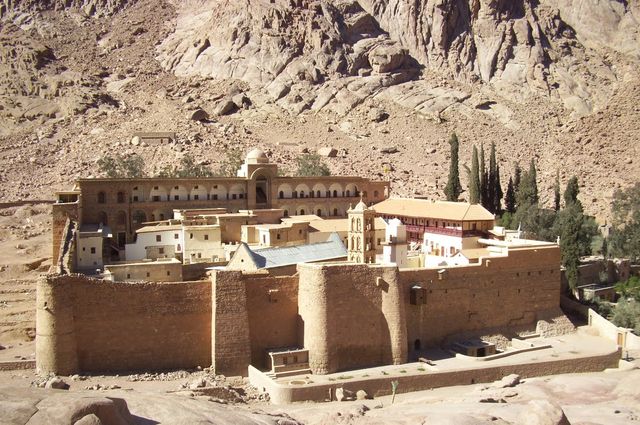 St. Catherine’s Monastery, a UNESCO World Heritage site that’s located on rugged terrain at the foot of Mount Sinai in Egypt, houses the oldest continually operating library in the world, containing ancient and medieval manuscripts second only to those held by the Vatican Library.
St. Catherine’s Monastery, a UNESCO World Heritage site that’s located on rugged terrain at the foot of Mount Sinai in Egypt, houses the oldest continually operating library in the world, containing ancient and medieval manuscripts second only to those held by the Vatican Library.
These remarkable manuscripts, which delve into subjects ranging from history and philosophy to medicine and spirituality, were never easily accessed by scholars and students, who had to travel to this desert region, considered sacred to three world religions — Christianity, Islam and Judaism. Today, access is even more problematic given security concerns in the Middle East.
That will all be changing, thanks to a major grant from The Ahmanson Foundation to the UCLA Library. The grant will fund key aspects of the Sinai Library Digitization Project to create digital copies of some 1,100 rare and unique Syriac and Arabic manuscripts dating from the fourth to the 17th centuries. The three-year project is being initiated by the fathers of St. Catherine’s Monastery.
It’s being made possible through the participation of the UCLA Library and the Early Manuscripts Electronic Library (EMEL), a nonprofit research and service organization based in Southern California that uses digital technologies to make manuscripts and other historical source materials accessible to scholars and the public. It specializes in the design of systems to support fragile manuscripts during digitization and in the recovery of text from damaged, deteriorated or erased manuscripts.
“The manuscripts at St. Catherine’s are critical to our understanding of the history of the Middle East, and every effort must be made to digitally preserve them in this time of volatility,” said UCLA University Librarian Ginny Steel. “The Ahmanson Foundation’s visionary support honors the careful stewardship of St. Catherine’s Monastery over the centuries and ensures that these invaluable documents are not only accessible, but preserved in digital copies.”
“St. Catherine’s Monastery proposed a program to digitize its unparalleled manuscript collection, and an international team was assembled to help digitally preserve the ancient pages,” said Michael Phelps, EMEL director. “EMEL is collaborating with the monastery to install world-class digitization systems, and the UCLA Library will host the images online on behalf of the monastery.”
Among the monastery’s most important Syriac and Arabic manuscripts are a fifth century copy of the Gospels in Syriac, a literary language based on an eastern Aramaic dialect; a Syriac copy of the “Lives of Women Saints,” dated 779 A.D.; the Syriac version of the “Apology of Aristides,” of which the Greek original has been lost; and numerous Arabic manuscripts from the ninth and 10th centuries, when Middle Eastern Christians first began to use Arabic as a literary language.
Just as the 19th-century discovery at St. Catherine’s of the Codex Sinaiticus — the oldest complete Bible (345 A.D.) — spurred new theological scholarship, this project will enable scholars to gain new insights and pose new lines of inquiry, project leaders said.
“We are deeply grateful to The Ahmanson Foundation for its generous investment in this important project, and for its longstanding partnership with the UCLA Library,” Steel concluded.
As one of the world’s leading research libraries, the UCLA Library maintains a research collection of record, making its materials accessible to a broad audience of students, scholars, researchers, and the public. Last year, more than 20 million people accessed UCLA Library’s digital and online resources. By preserving global cultural heritage, the UCLA Library fuels the transfer of knowledge across generations and across the world.

